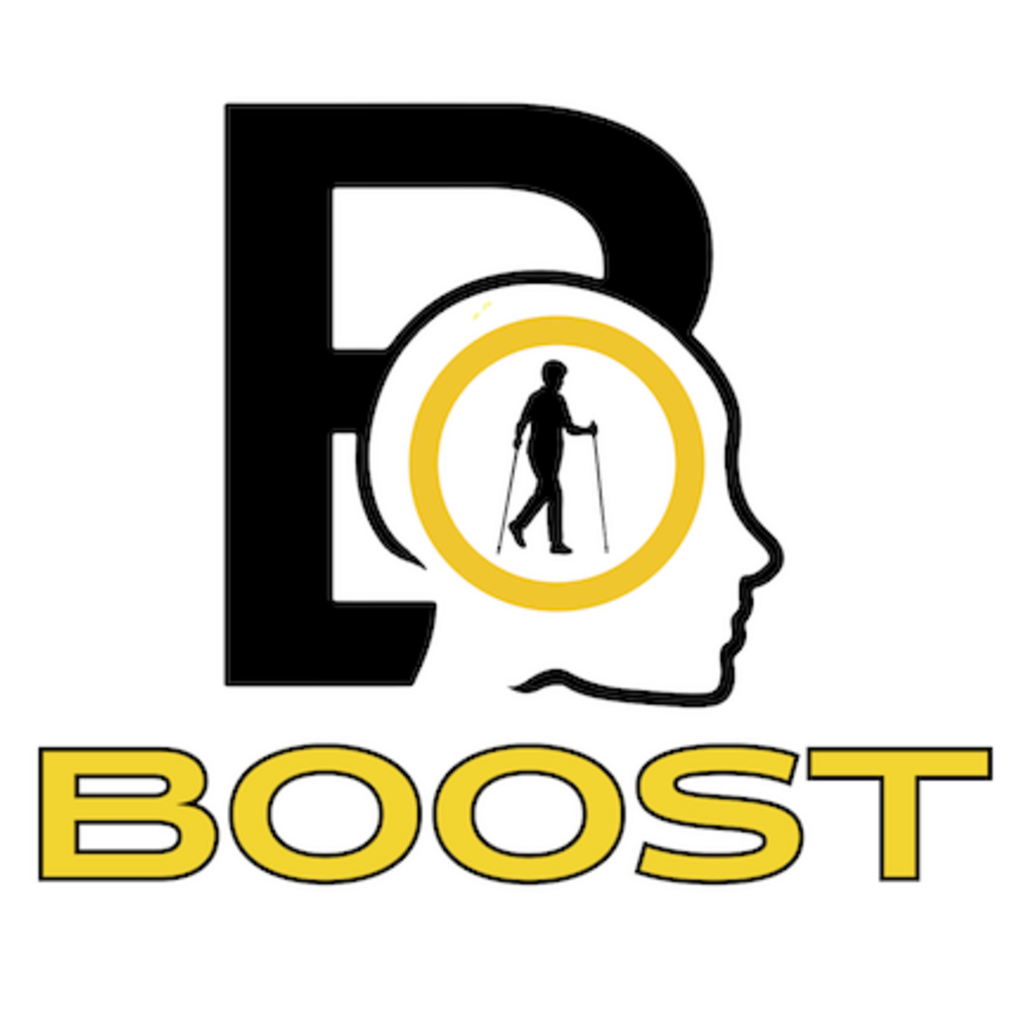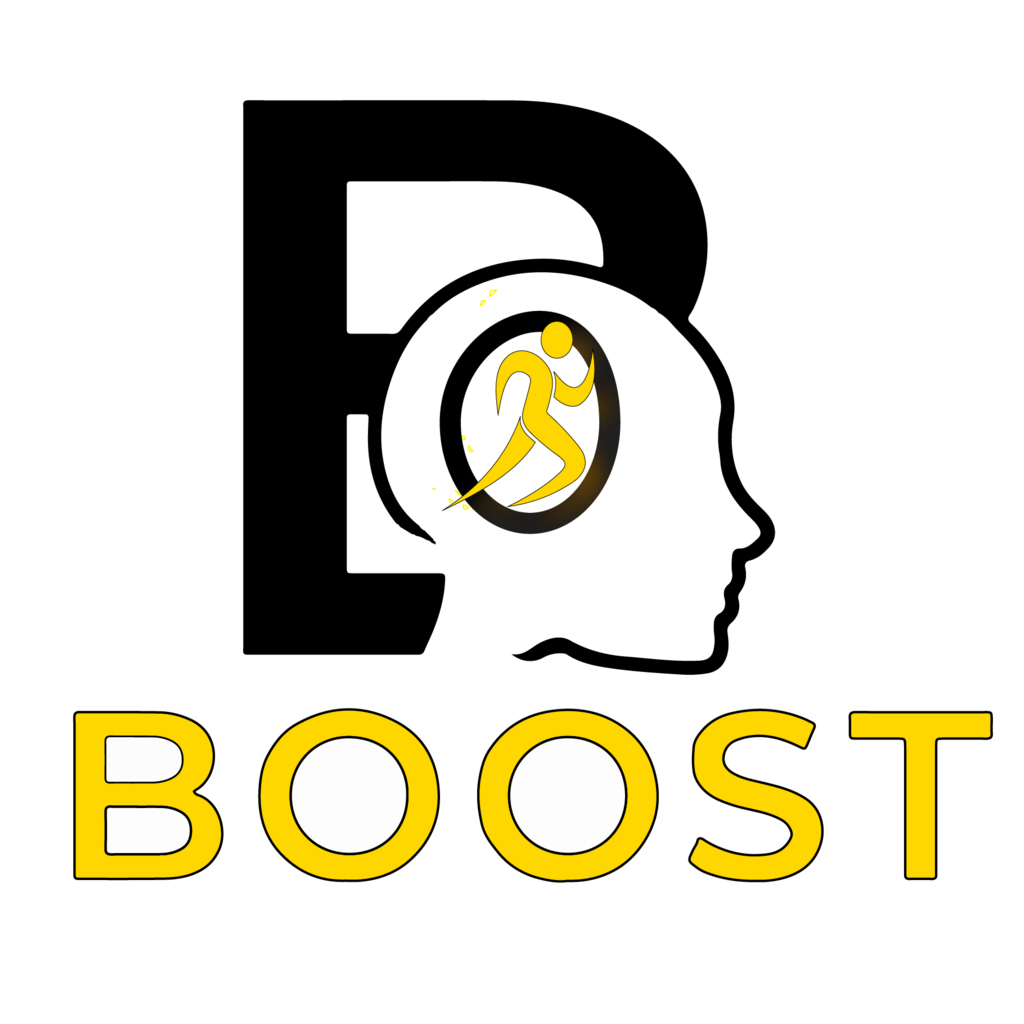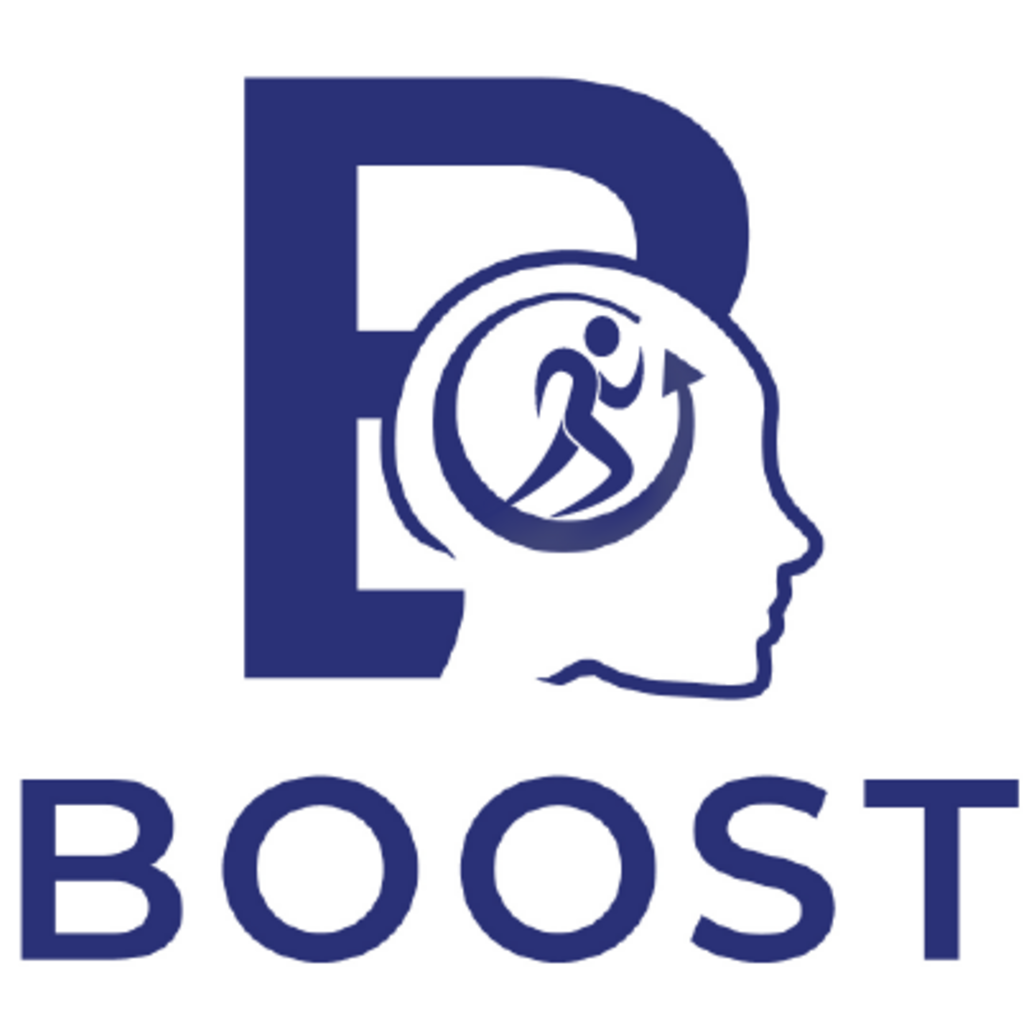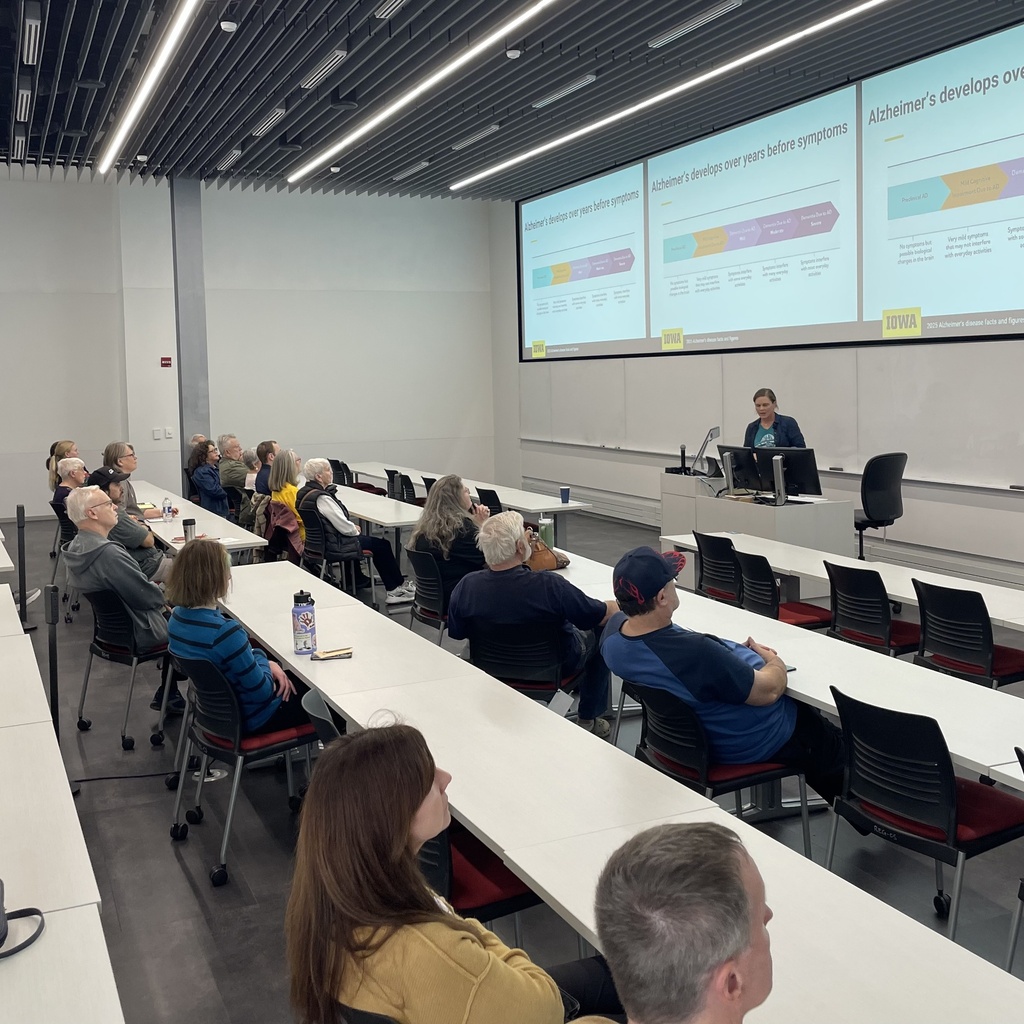You may be eligible to join one of our ongoing studies


66-90 years old?
The BOOST Observational Study for Older Adults involves an in-person cognitive assessment session and wearing an activity monitoring device on the wrist for a week. There is no physical activity requirement.

40-65 years old?
The BOOST Observational Study, for participants working full-time (35 hours/week), involves both computerized testing and physical activity.

40-65 years old?
The BOOST Intervention Study, for participants working full-time (35 hours/week), involves both computerized cognitive training and physical exercise.
Lab News

Study participants, brain-curious boost turnout for Health, Brain & Cognition Lab open house
Tuesday, November 18, 2025
Feedback was immediate and positive from the 60 current and past research study participants and others curious about our research who turned out for the Health, Brain & Cognition Lab's second annual open house on Saturday afternoon, Nov. 15. Eighty-two percent of the open house visitors who returned online surveys said they attended to learn more about brain research and maintaining cognitive health. Other top motivators for attendees were the opportunity to hear about the impact of their participation in research, learn about other research opportunities, and tour the lab.
Press and Media

Why brisk walking boosts brain health
Tuesday, September 16, 2025
Health, Brain & Cogniton Lab Director Dr. Michelle Voss was recently interviewed by Prevention magazine for her insights on newly-published study showing that normally sedentary older adults who performed “moderate-to-vigorous physical activity” over time developed stronger cognitive abilities related to memory and processing, boosting brain health.
Newsletter
Winter 2026 issue
Thursday, February 26, 2026
Learn how the training and mentorship HBC Lab members receive prepares them for careers in science, medicine and industry. Research associate Olivia Hinklin shares tips for staying strong and cardio fit without going to the gym. BOOST Intervention study participants Brandelle Unkrich, Shanika Reaves and Matt Drake tell how joining the study improved their exercise habits.
Sign up for a free subscription
Blog

Too cold to walk? Can't get to the gym? Stay fit this winter without leaving home
Thursday, December 11, 2025
Winter weather and lack of access to equipment need not be a barriers to working out, says Health, Brain & Cognition Lab exercise specialist Olivia Hinklin. She offers a dozen each of strength and cardio exercises you can incorporate into your circuit workout at home. How-to videos provided and no special equipment required.
